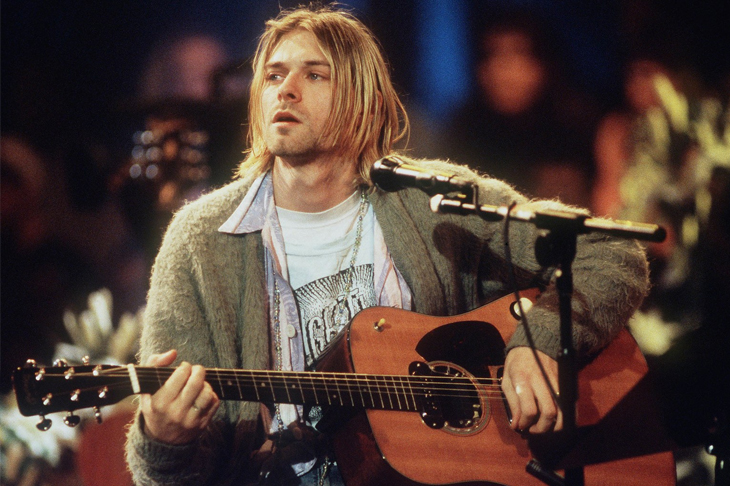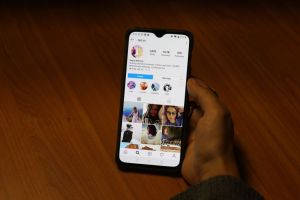A sprawling New York Times feature package this week showcases essays, photos, and snippets of nostalgia that all amount to the declaration ‘This Gen X Mess.’ One of the declarations in one of the essays is that ‘it’s easy to decide that Gen X is culturally irrelevant.’
Who actually thinks that? I was born in the mid-1980s and I’ve been sick of hearing Gen-X talk about itself and its place in history ever since I grew old enough to date men born in the Seventies without it being gross and creepy.
To backtrack a bit, the events of my birth toss me squarely into the elder bracket of ‘millennials,’ you know, that overexposed generation of helicopter-parented, selfie-snapping, Adderall-addled ‘digital natives.’ Much has been made of the overwhelming amount of attention devoted to millennials, attempting to decipher what we’re like as a generation. Let me be clear: We didn’t ask for this! This was all the work of marketers, largely Boomer and Gen-X, who hyped us up so that advertisers could sell us products. I get it, we’re killing golf courses and breakfast cereal and all beers that aren’t artisanal farmhouse sours. But that’s still you guys trying to tell us what we are. Millennials, unless we’re snake-oil social media gurus or thirsty Instagram influencers, don’t spend a ton of time prognosticating about the future of their fellow millennials. For the most part, we don’t care. In fact, many of us wish people would stop.
Gen-X, on the other hand. Oh, boy. You all spend so much navel-gazing, I’d swear you were…millennials.
So, this millennial has some thoughts for her immediate generational forebears.
Will you please, for the love of God, stop talking about Jordan Catalano? I get it. The show was good. It wasn’t that good. But more importantly, aren’t you the same people who criticize your younger peers for talking about Harry Potter too much? And on that note, what’s with all your ‘bad boy’ archetypes acting like laziness is a badge of honor? At least ours have a work ethic. (Why, yes, I’m a Slytherin.)
You smoke weed. Cool. So do boomers.
We have Airbnb and co-living, which apparently makes us fake adults because we’re overdependent on technology. You got your first apartment by calling a landline number from a payphone after seeing the listing in a classified ad in the back of an alt-weekly. This is the Gen-X equivalent of telling the kiddos that you used to walk through the snow to get to school every day. (Uphill, both ways!)
I, too, mourn Kurt Cobain’s untimely demise. But let’s be honest: if he were still around there’s a non-zero chance he’d have embarked upon an adult-contemporary alt-country solo career long ago and might even have had CDs sold at Starbucks in the mid-Noughties.
Your movies were good. In some cases, extremely good. But none of them are as quotable as Mean Girls. Honestly, you should be proud of that: The screenplay was written by Gen-Xer Tina Fey.
The funny thing is, I can’t imagine a similar New York Times feature package about millennials being put together in 10 or 15 years. That’s because the internet happened. Popular culture fragmented as it became vastly easier to discover the things you loved and with which you could connect. The amount of available content exploded to the extent that none of us could ever expect to map out our viewing or reading habits to even our closest friends. We’re different from one another in our tastes and preferences, and we like it. When we do have enormous cultural touchstones, like Game of Thrones, we consider them intergenerational. We’re not obsessed, and never have been, with what’s collectively ‘ours.’ And we probably never will be.
There’s a downside to this. We’ll never be in the position where we can meet another American of roughly the same age and be able to make the assumption that our knowledge of popular culture overlaps. But on the other hand, we millennials have lucked out: unlike Gen-X, we’ll never be able to get insufferably self-righteous about the tragic-hero status of Our Generation.


















